Will the 'most corrupt official in China' be sentenced to death?
Lai Xiaomin, former chairman of China Huarong Asset Management, was recently charged with taking bribes worth over 1.78 billion RMB. Corruption cases have been dealt with harshly in the past, but not in the case of a deputy minister-level official taking bribes of such a large magnitude. Will Lai be made an example of as a signal to other "pests" who are waiting to crawl out of the woodwork?
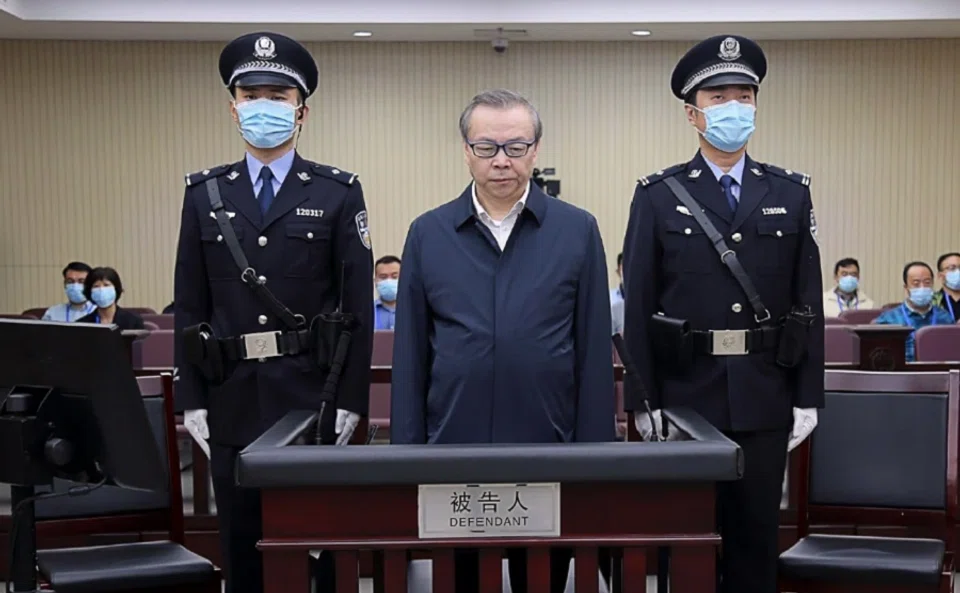
Last week, former chairman of China Huarong Asset Management Lai Xiaomin was charged with accepting bribes worth over 1.78 billion RMB (roughly S$357 million). This set the record for the largest amount of money involved in a corruption case since the establishment of the People's Republic of China in 1949.
Lai, whose rank is equivalent to a deputy minister, took bribes that exceeded both that of the minister-level former Shaanxi party chief Zhao Zhengyong's 717 million RMB, and the former vice-mayor of Lvliang City Zhang Zhongsheng's 1.04 billion RMB. In one fell swoop, he became China's most corrupt official.
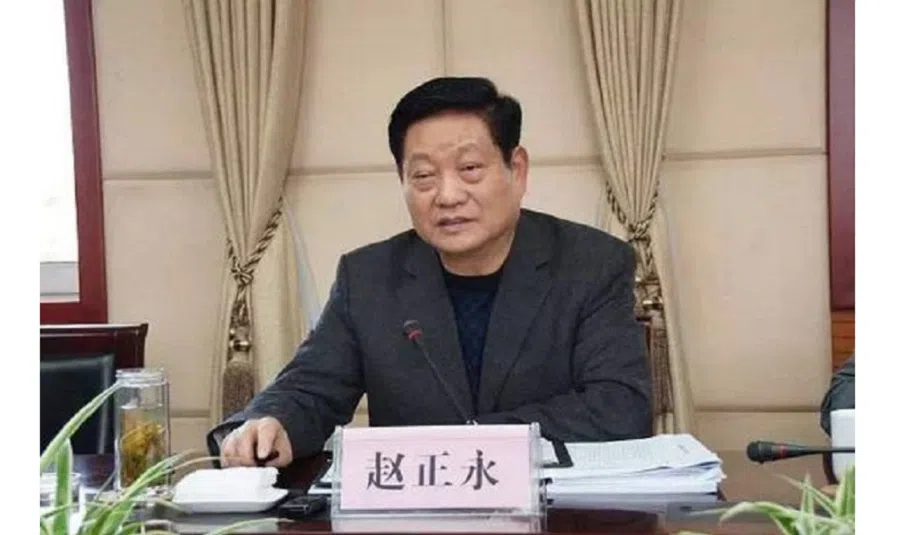
At the end of last month, Zhao was given a death sentence that would be suspended for two years. Thereafter, he would face life imprisonment without commutation or parole. Zhang, on the other hand, was sentenced to death in 2018. Lai is currently being tried in court. What sentence will he receive? The world watches with interest.
Lai has mainly been charged with bribery, corruption, and bigamy. Prosecutors accused him of directly or indirectly accepting money and goods worth 1.78 billion RMB, of which 104 million RMB was eventually not received, between 2008 and 2018. Apart from this, Lai was also accused of exploiting various professional positions and colluding with others to illegally embezzle public assets worth over 25.13 million RMB.
A life of debauchery
This January, a CCTV documentary series (《国家监察》) disclosed details of various corruption cases in China. The episode on Lai's case featured an official from the Central Commission for Discipline Inspection saying, "We have dealt with a number of cases in the financial sector, but none was as shocking as Lai's case in the amount, degree of damage and plots and means of crimes."
An even more bizarre rumour is that Lai housed all his 100 mistresses at a certain high-end enclave in the south, where he would randomly pick a house to spend the night in.
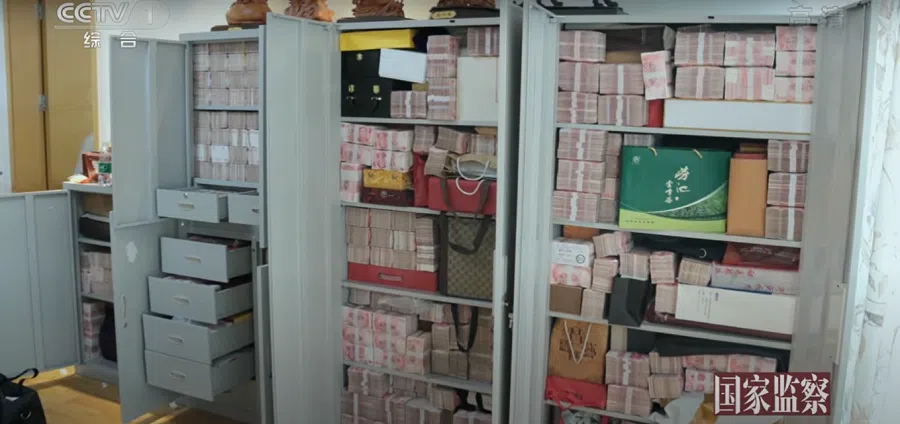
The documentary also revealed that Lai kept his ill-gotten money in a Beijing apartment that he nicknamed "the supermarket". Large amounts of foreign currency, as well as gold, art collections, cars, and shopping cards were seized. The investigation team also froze his bank, securities, and fund accounts, while his multiple real estate properties and parking spaces in Beijing, Zhuhai, Hainan, and other places were sealed.
The unlawful behaviour of someone who was the chairman of a state-owned financial enterprise has dealt a big blow to the government's image.
Rumours about Lai's acts of corruption spread like wildfire, with talk about his three "one hundreds" attracting the most attention: he is said to have over 100 houses, over 100 connections, and over 100 mistresses. An even more bizarre rumour is that Lai housed all his 100 mistresses at a certain high-end enclave in the south, where he would randomly pick a house to spend the night in.
These rumours are dubious, but judging by the extent of his corrupt practices, the fact remains that Lai thought he was above the law and took advantage of his position to do as he pleased. The unlawful behaviour of someone who was the chairman of a state-owned financial enterprise has dealt a big blow to the government's image. It is no wonder Global Times editor Hu Xijin lamented the fact that the Chinese system allowed a "pest" like Lai to occupy a high position and "grow fat".
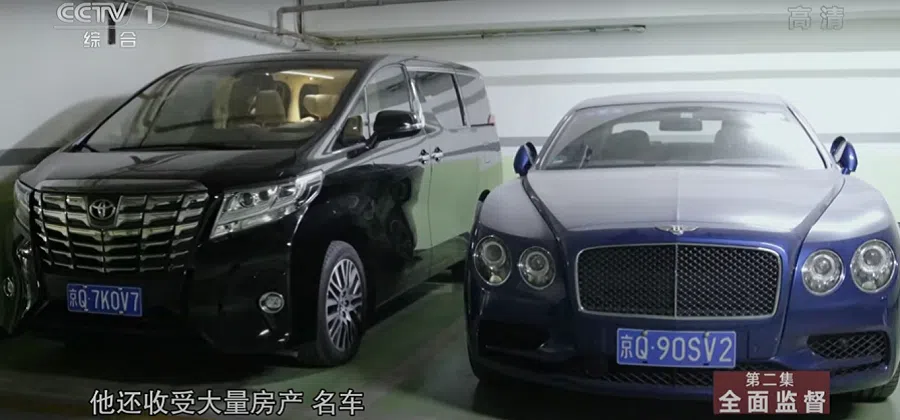
Death sentence as a warning to others?
Zhao Zhengyong, who accepted less than half of what Lai accepted in bribes was given a suspended death sentence and life imprisonment, while Zhang, who hit one billion RMB in bribes was given the death penalty. So then, would Lai be sentenced to death?
Since the 18th National Congress of the Communist Party of China in 2012, China has only sentenced one deputy minister-level official to death - former vice chairman of the Inner Mongolia Autonomous Region and police chief Zhao Liping. However, he was not sentenced to death for bribery, but for murdering his lover. If Lai is sentenced to death, he would become the first deputy minister-level official to be given the death penalty for corruption since the 18th National Congress of the Communist Party of China.
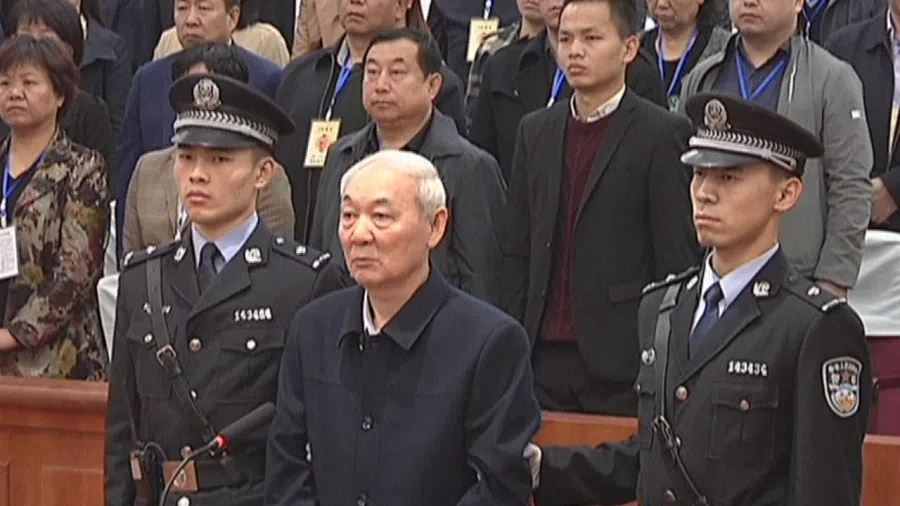
In line with using the death penalty with caution, revisions to the penalties for corruption and bribery crimes were made in the Ninth Amendment to the Criminal Law of the People's Republic of China in 2015. As a result, the previous practice of capital punishment being meted out based on the amount of bribes received has been largely changed. Many corrupt officials involved in corruption cases of hundreds of millions of dollars were thus able to escape the death penalty.
...whether officials are able to repair the loophole-laden supervision mechanism of state-owned enterprises is of greater importance.
However, according to the Chinese Supreme People's Court and the Chinese Supreme People's Procuratorate's "Interpretation of Several Issues Concerning the Application of Law in Handling Criminal Cases Related to Corruption and Bribery", the death penalty applies if the following four conditions are fulfilled: the bribe or embezzlement involves extremely large amount; the case is considered extremely serious; the social impact is extremely negative; and it has caused huge losses to the state and people's interest.
Poor mechanisms to detect corruption
It is up to the court to decide if Lai's case fulfils the above-mentioned conditions. However, compared to whether Lai would receive capital punishment or not, whether officials are able to repair the loophole-laden supervision mechanism of state-owned enterprises is of greater importance.
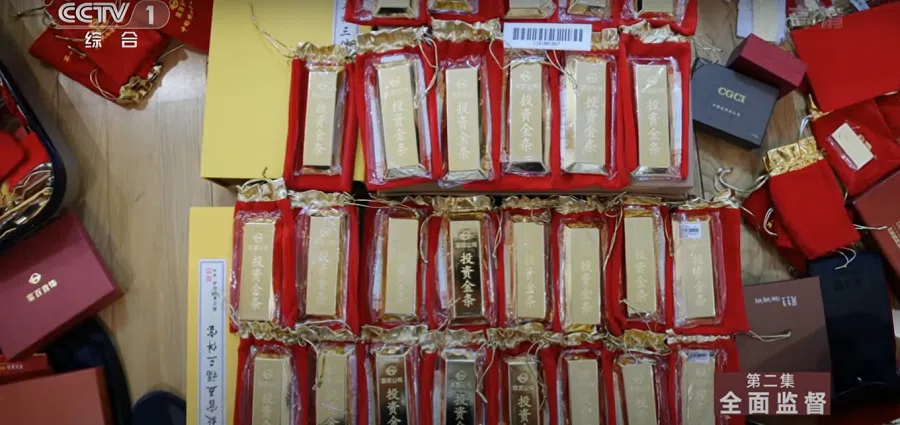
Lai was able to become China's most corrupt official as he occupied high positions. He not only controlled a large amount of resources, but also turned his territory into an "independent empire" and became its "emperor". Under Lai's "reign", various leadership decisions and supervisory procedures regulated by officials were but formalities.
Lai undoubtedly had a clear path to corruption. Internal supervision proved futile while supervisory departments of state-owned financial enterprises like the China Banking and Insurance Regulatory Commission did not perform their role well as a check on his power. In recent years, China has reiterated the importance of financial risk prevention. Yet, if pests like Lai continue to occupy top positions in the financial sector, they themselves become a key source of financial risk.


![[Big read] When the Arctic opens, what happens to Singapore?](https://cassette.sphdigital.com.sg/image/thinkchina/da65edebca34645c711c55e83e9877109b3c53847ebb1305573974651df1d13a)


![[Video] George Yeo: America’s deep pain — and why China won’t colonise](https://cassette.sphdigital.com.sg/image/thinkchina/15083e45d96c12390bdea6af2daf19fd9fcd875aa44a0f92796f34e3dad561cc)